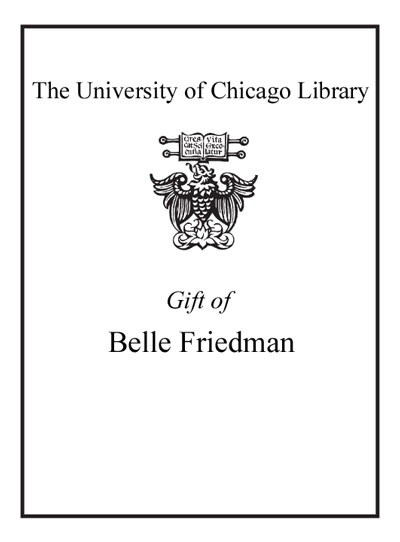Review by Choice Review
Asserting that one should know the rhetorical traditions of one's cultural heritage, Glenn, Lyday, and Sharer discuss important issues about rhetorical education in America: who should receive rhetorical education, in what form it should be offered, and for what purpose. The authors discuss rhetoric as the "lynchpin of a participatory democracy," the "nexus of civic virtue," a skill necessary to inhabit civic action, to give voice to the powerless, and to generate knowledge as well as transmit it. They contend that students need more and better exposure to argument as part of rhetoric, more equal education in rhetoric, and more instruction in rhetoric in the face of advancing technologies. Included are essays by a variety of current writers in the field, who offer a rich array of opinion that engages earlier advocates of rhetorical education--e.g., Isocrates and Caleb Bingham, who wrote his Columbian Orator (1803) as a guide to "the useful art of eloquence." A valuable contribution to the literature about the present century, this volume joins such works as Nan Johnson's Nineteenth-Century Rhetoric in North America (CH, Apr'92, 29-4347) and Composition in the 21st Century: Crisis and Change, ed. by Lynn Bloom, Donald Daiker, and Edward White (1996). ^BSumming Up: Recommended. Graduate students and above, teaching or preparing to teach composition courses. T. B. Dykeman Fairfield University
Copyright American Library Association, used with permission.
Review by Choice Review

